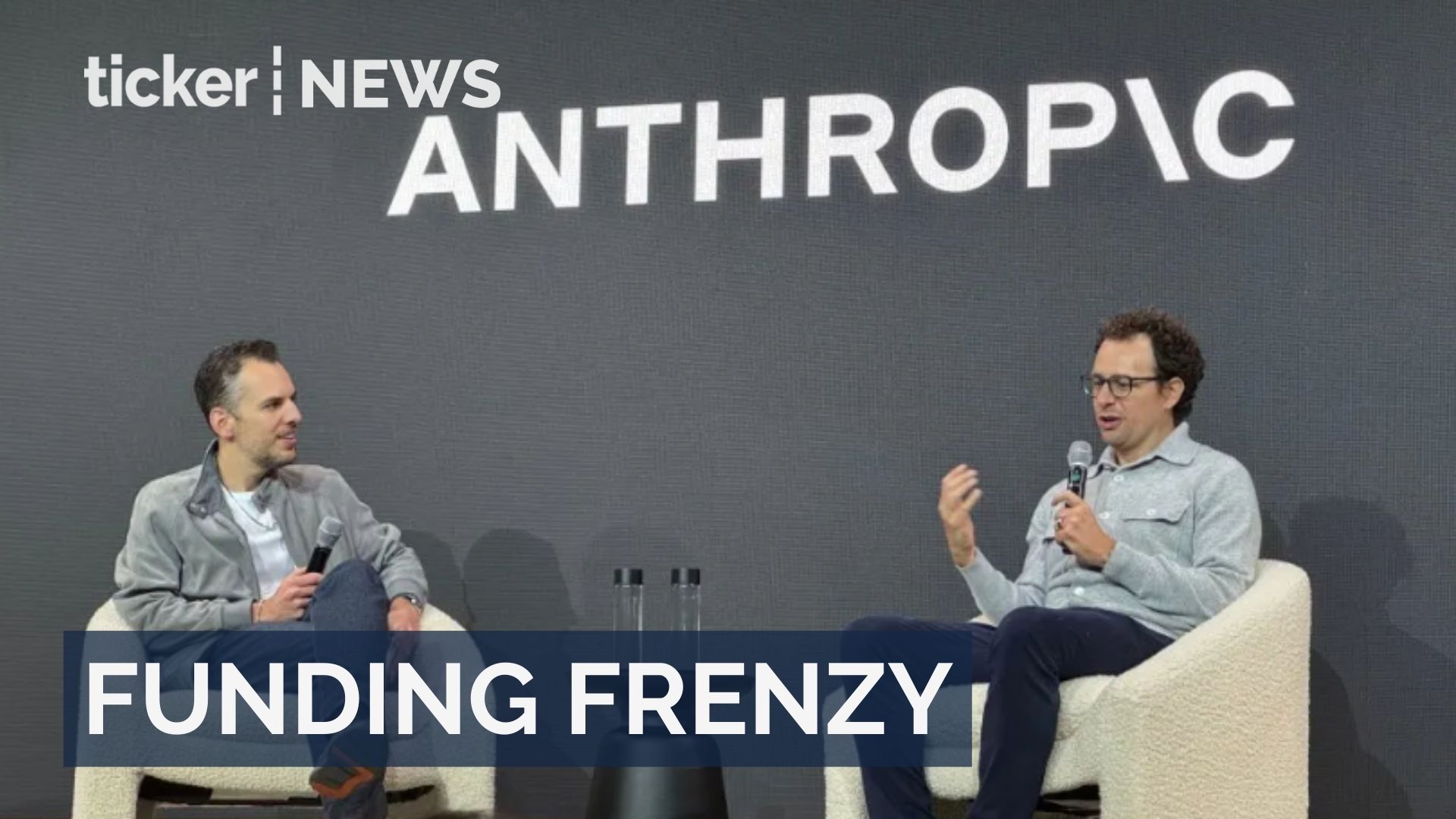News
Taylor Swift’s new era as pop billionaire

News
Russia bans WhatsApp and promotes state-backed messaging app
Kremlin blocks WhatsApp, urging citizens to use state-backed MAX; critics warn of surveillance, prompting protests in Moscow.
News
U.S. secretly sent 6,000 Starlink terminals to Iran after protests
US covertly sent 6,000 Starlink terminals to Iran amid protests, aiding internet access despite government shutdowns and crackdown violence.
News
Anthropic secures 30 billion in fresh funding as valuation surges
Anthropic raises $30B, doubling valuation to $380B, boosting global AI race with support from GIC, Coatue, Microsoft, and Nvidia.
-



 Ticker Views4 days ago
Ticker Views4 days agoIsraeli President Herzog visits Australia amid rising antisemitism
-



 Ticker Views2 days ago
Ticker Views2 days agoLunar Gateway faces delays and funding debate amid Artemis ambitions
-



 Tech4 days ago
Tech4 days agoClaude AI is transforming software engineering and productivity
-



 Ticker Views2 days ago
Ticker Views2 days agoSouth Korea introduces AI job protection legislation
-



 Ticker Views3 days ago
Ticker Views3 days agoU.S. ambassador responds to NATO criticism at Munich Security Conference
-



 Money4 days ago
Money4 days agoTech stocks slide as investors rotate into small-cap and value plays
-



 News5 days ago
News5 days agoRussia missile strikes force Ukraine nuclear plants offline amid safety fears
-



 News4 days ago
News4 days agoJapan election delivers commanding win for ruling LDP







